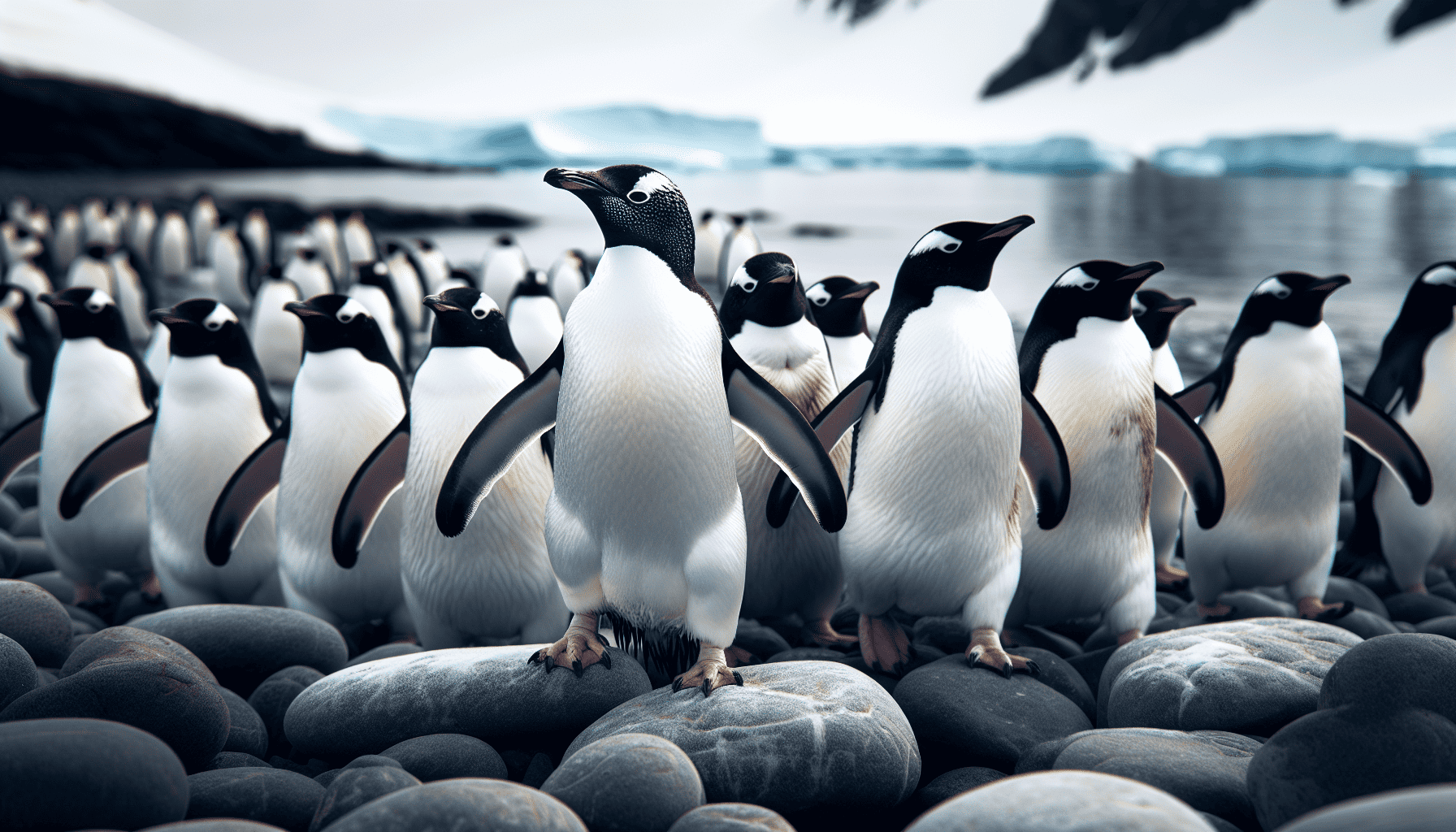In today's ever-evolving business landscape, companies are finding inspiration in the unlikeliest of places. Among these inspirations, penguins—survivors of some of the harshest climates on earth—offer a surprising yet insightful blueprint for resilience and adaptability.
Penguins, with their dignified waddles and endearing appearances, are not only fascinating creatures but also masters of survival and efficiency. Living in the unforgiving environments of the Antarctic, these birds have developed strategies that allow them to not just survive, but thrive amidst adversity. Companies, recognizing the parallels between their own challenges and those faced by penguins, are beginning to emulate these animals' tactics to stay ahead in a competitive business world.
One of the primary lessons from penguins is the value of collaboration and teamwork. In the frigid Antarctic climate, penguins huddle in large groups to conserve warmth and protect each other from harsh winds. This mutual support system is analogous to the collaborative efforts seen in successful organizations today. Businesses are increasingly fostering team-oriented cultures, encouraging departments to work together towards common goals. By breaking down silos and promoting open communication, companies can capitalize on diverse perspectives and enhance their problem-solving capabilities.
Adaptability is another crucial element of the penguin's survival strategy. Penguins have evolved to be incredibly versatile, capable of both swimming with agility and navigating on land with surprising efficiency. In the business world, adaptability is the key to handling market fluctuations and technological disruptions. Companies that are able to pivot quickly in response to external changes are more likely to maintain a competitive edge. This requires a willingness to embrace innovation, invest in continuous learning, and maintain a flexible business model that can accommodate unexpected shifts.
Furthermore, penguins demonstrate the significance of resourcefulness and efficiency. During breeding seasons, penguins must travel long distances to find food for their young. They optimize these journeys by understanding the best fishing grounds and timing their hunts to conserve energy. Similarly, businesses must optimize resource allocation to ensure sustainability and growth. This means investing in efficient supply chain management, cutting unnecessary costs, and leveraging data to make informed decisions that maximize output while minimizing waste.
In addition to their physical endurance and efficiency, penguins also exhibit a remarkable resilience mentality. Their ability to endure extreme environments without faltering has parallels in business resilience—the capacity to recover quickly from setbacks. Building a resilient company culture involves fostering an attitude of perseverance, encouraging calculated risk-taking, and building robust contingency plans to guard against unforeseen challenges.
The penguin's patient, long-term view is another lesson for businesses. They endure long periods of incubation and nurturing before their young can fend for themselves. This dedication mirrors the importance of long-term strategies in business. Companies must look beyond immediate gains and focus on sustainable growth, even when it requires patience and investment in the present moment.
In sum, as companies navigate the stormy seas of modern business, they can learn significant lessons from the humble penguin. By fostering teamwork, embracing adaptability, optimizing resources, nurturing resilience, and practicing patience, businesses can forge a path to success that is as enduring as the Antarctic creatures that inspired it. Nature's resilience offers powerful strategies for thriving in the face of adversity, reminding us all that sometimes the smallest inspirations can yield the most profound results.
